Blog posts tagged with horses
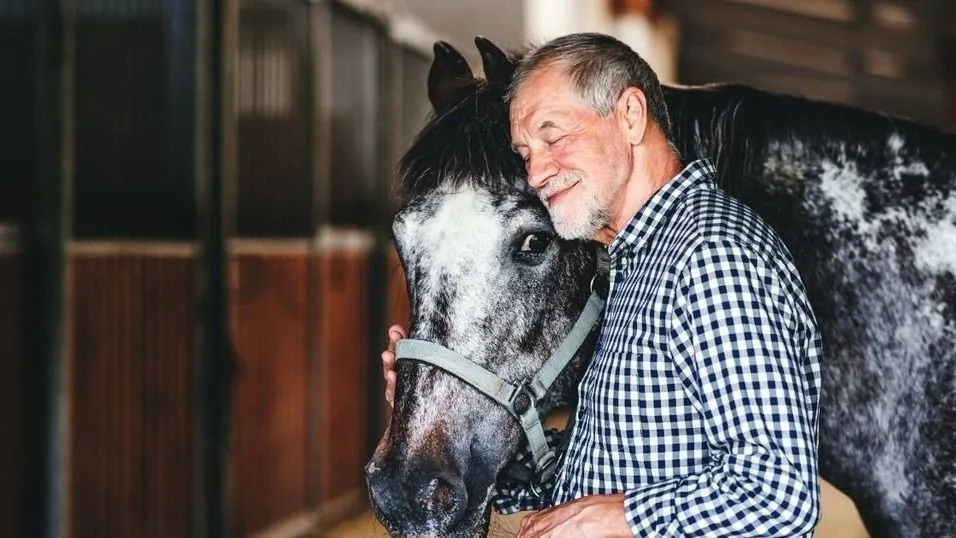
04 Aug
human behavior research
Healthcare
How horse riding and gardening improve quality of life for people with dementia
Quality of life is an important aspect of dementia care. Horse riding and gardening may provide positive emotional experiences and even enhance daily functioning.
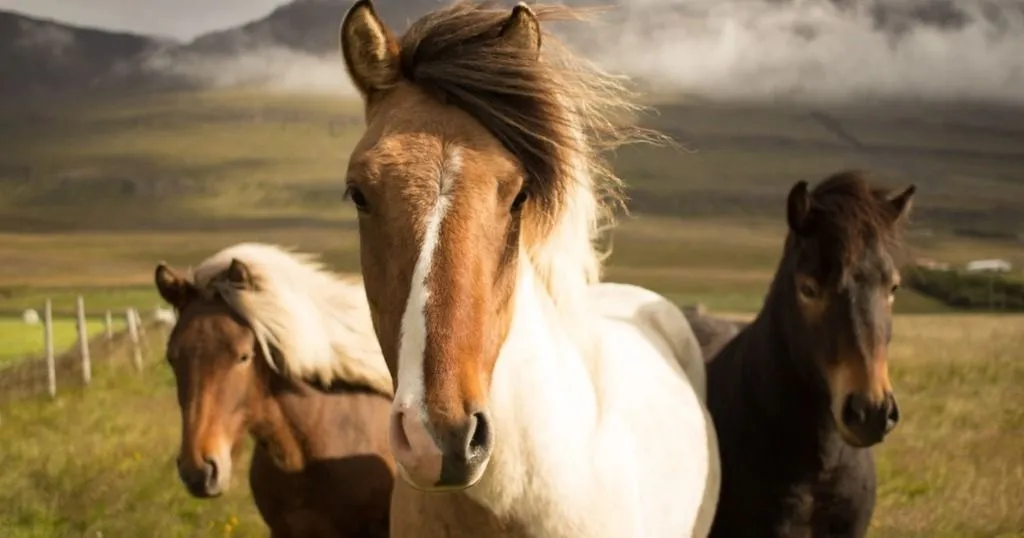
12 Jul
animal behavior research
Other (Animal)
Brain & behavior: data integration in horse studies
EEG recordings – they produce useful data, but are not always easy to obtain in animal studies. You can’t really ask a horse to sit still, so these researchers invented a promising new system for EEG recording.

04 Jul
animal behavior research
Other (Animal)
Behavioral tests to select police horses
The personality of police horses influences how well they do in their ‘job’. That’s why personality tests are important for both animal and human welfare and safety.
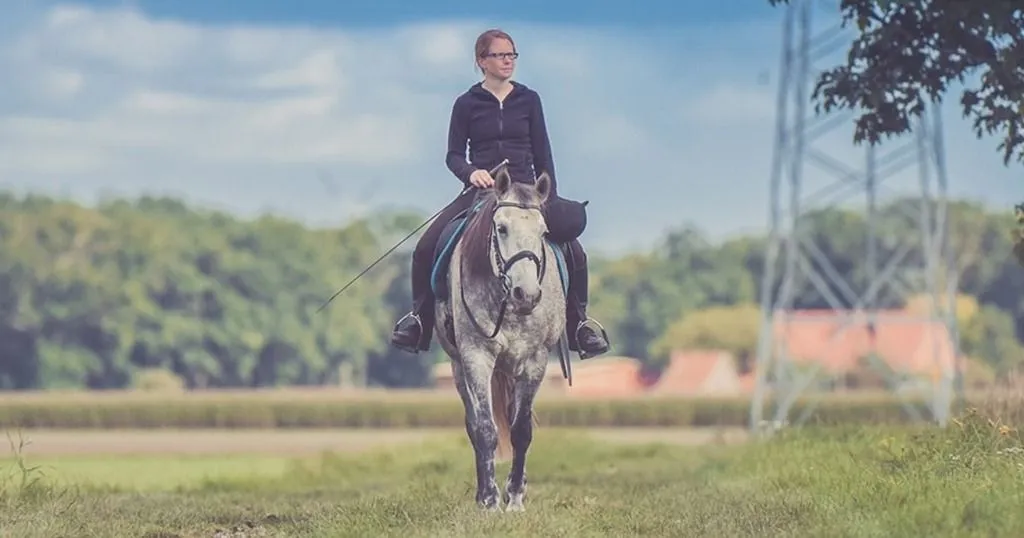
17 Apr
animal behavior research
Other (Animal)
Which head and neck positions are stressful for your horse during lunging?
Being a horse owner and a Noldus employee is the perfect combination when it comes to keeping track of the scientific background for my horseback riding hobby.

25 Aug
animal behavior research
Other (Animal)
What a horse likes to eat: how to test dietary preferences
Redgate and colleagues looked into the addition of a monadic phase (a phase in which only one food was offered at a time instead of all of the options) to choice testing.
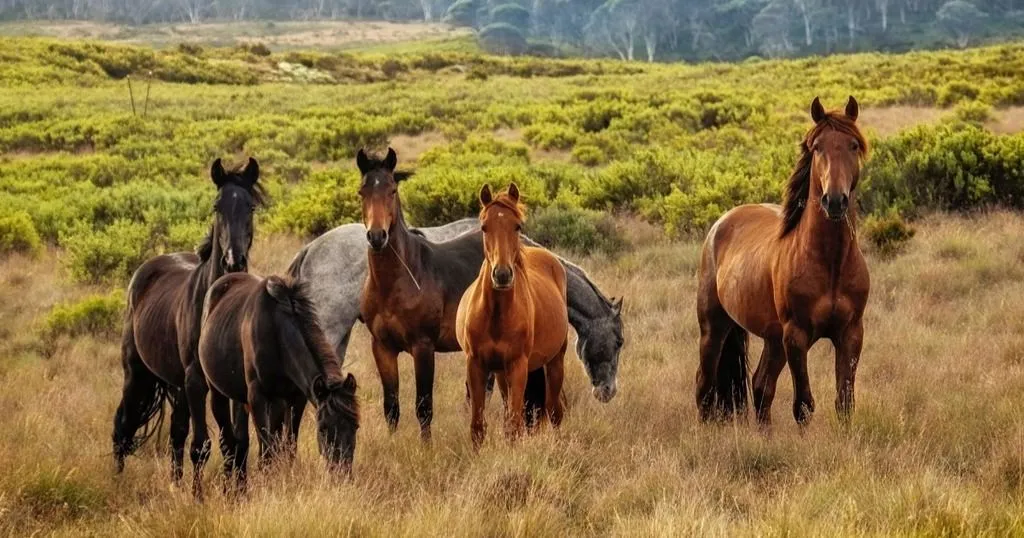
02 Jul
animal behavior research
Other (Animal)
Combining physiology and behavior to create a stress scale for horses
We all are familiar with stress, and how it can have an impact not only on our behavior, but on our bodies and physiology as well. Many people get stress headaches or start to feel sick if they reach high levels of stress.

10 May
animal behavior research
Other (Animal)
Horse training methods: The importance of behavioral analysis
In equitation sciences, there are at least two training strategies: the ‘natural’ way of horsemanship that allows the horse to evaluate action and reaction and horsemanship that is based on ‘overruling’ of the animal.
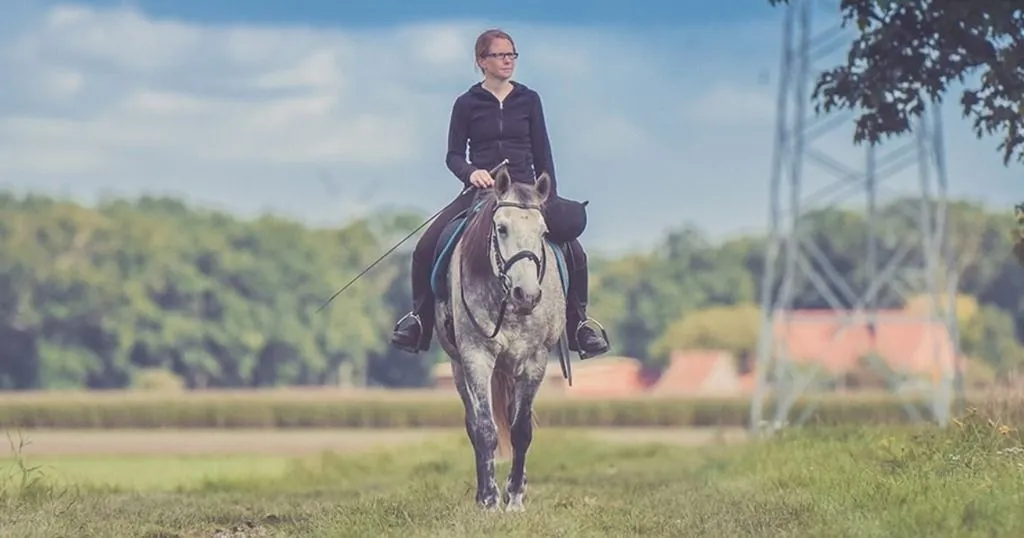
15 Nov
animal behavior research
Social Behavior
Horses: behavioral research, physiology and biomechanics
Besides the study of the relation between humans and popular pets such as cats and dogs, human-horse interaction is an increasingly popular subject of science.